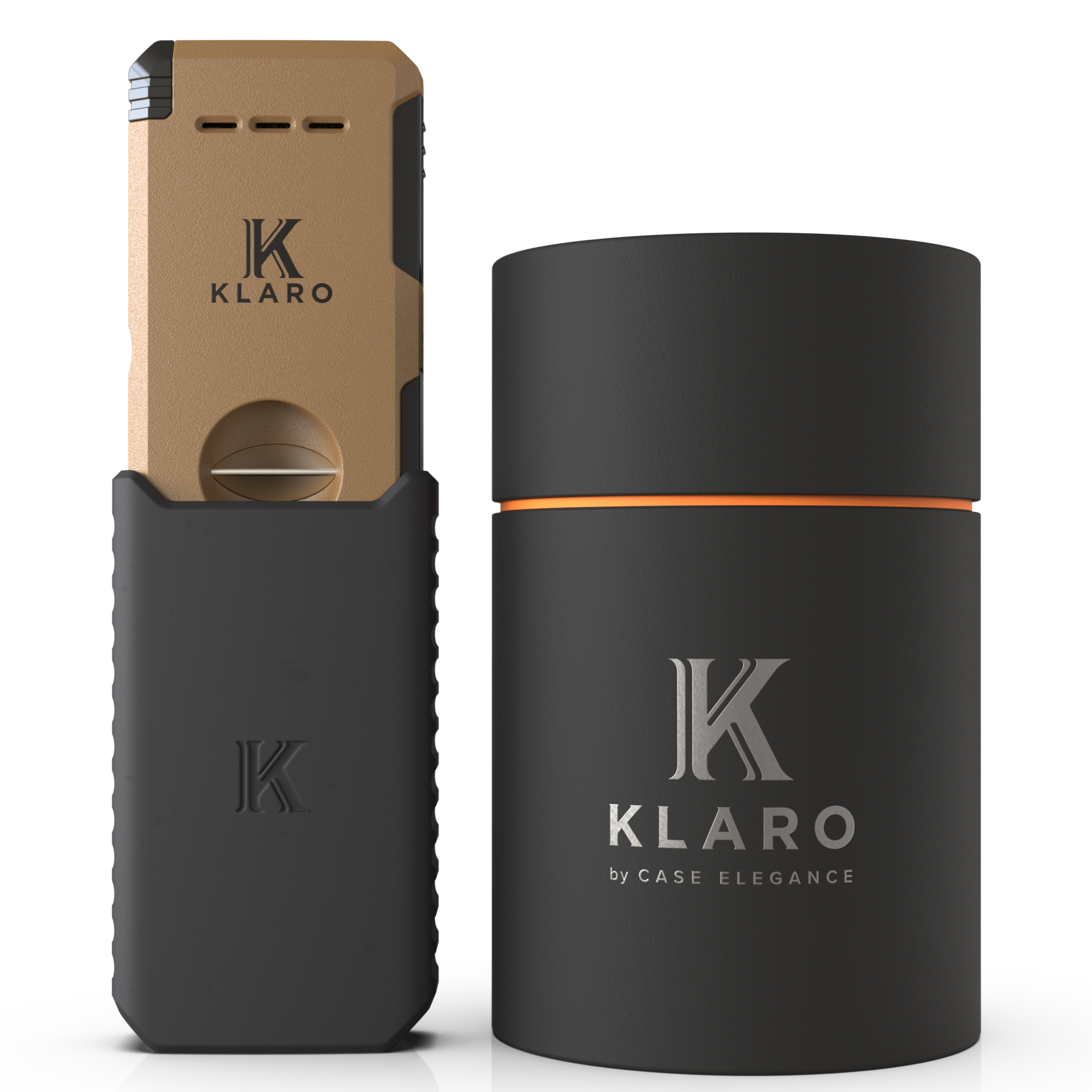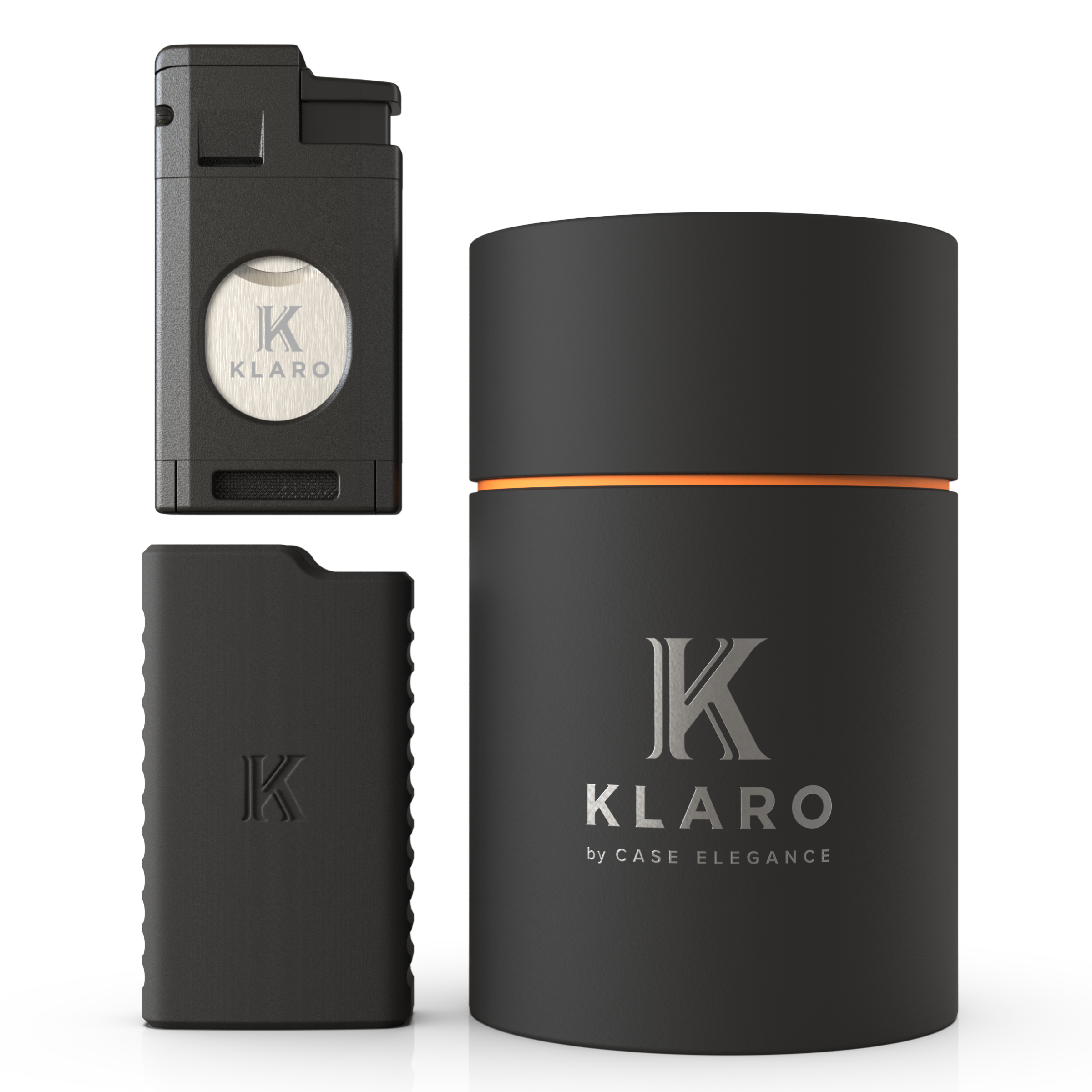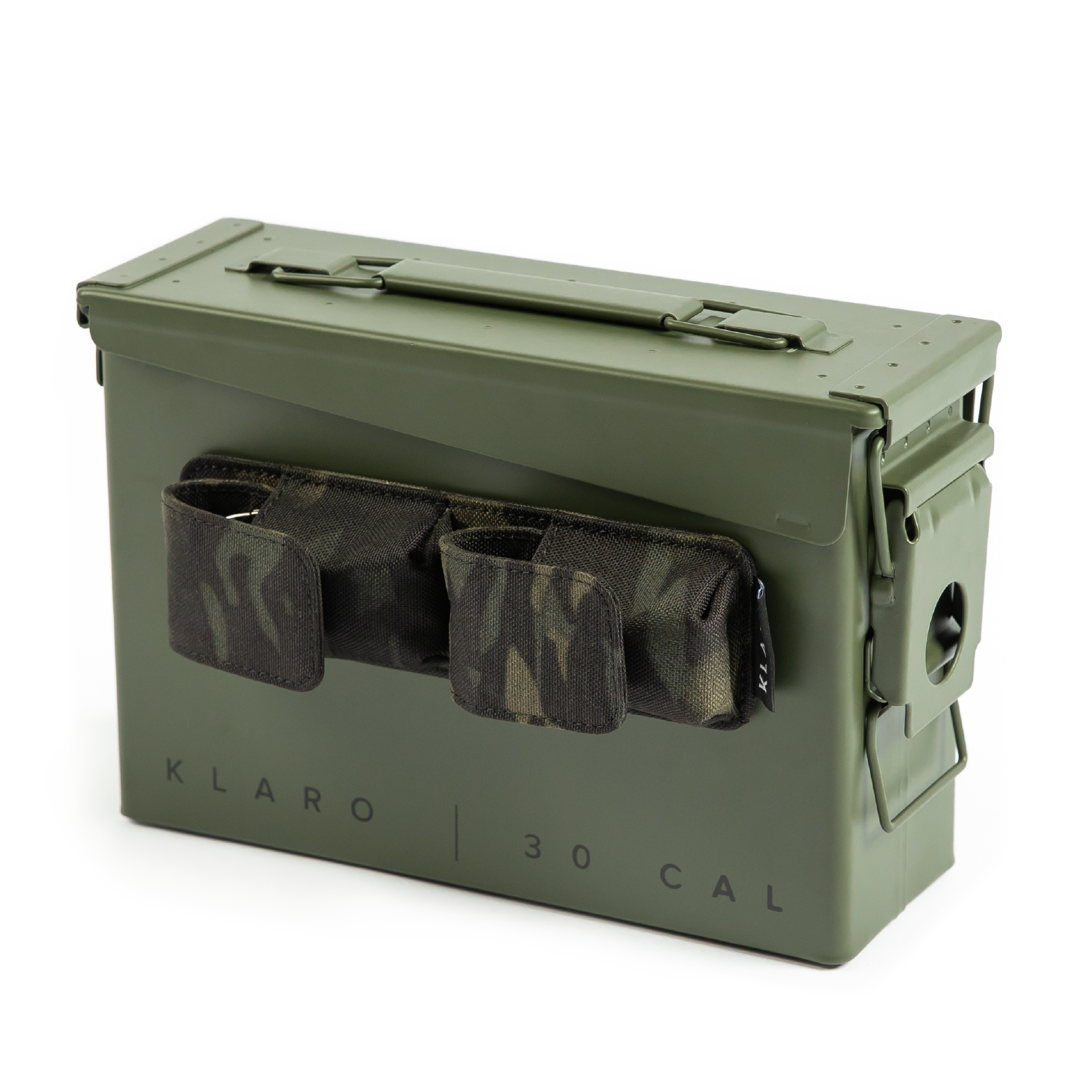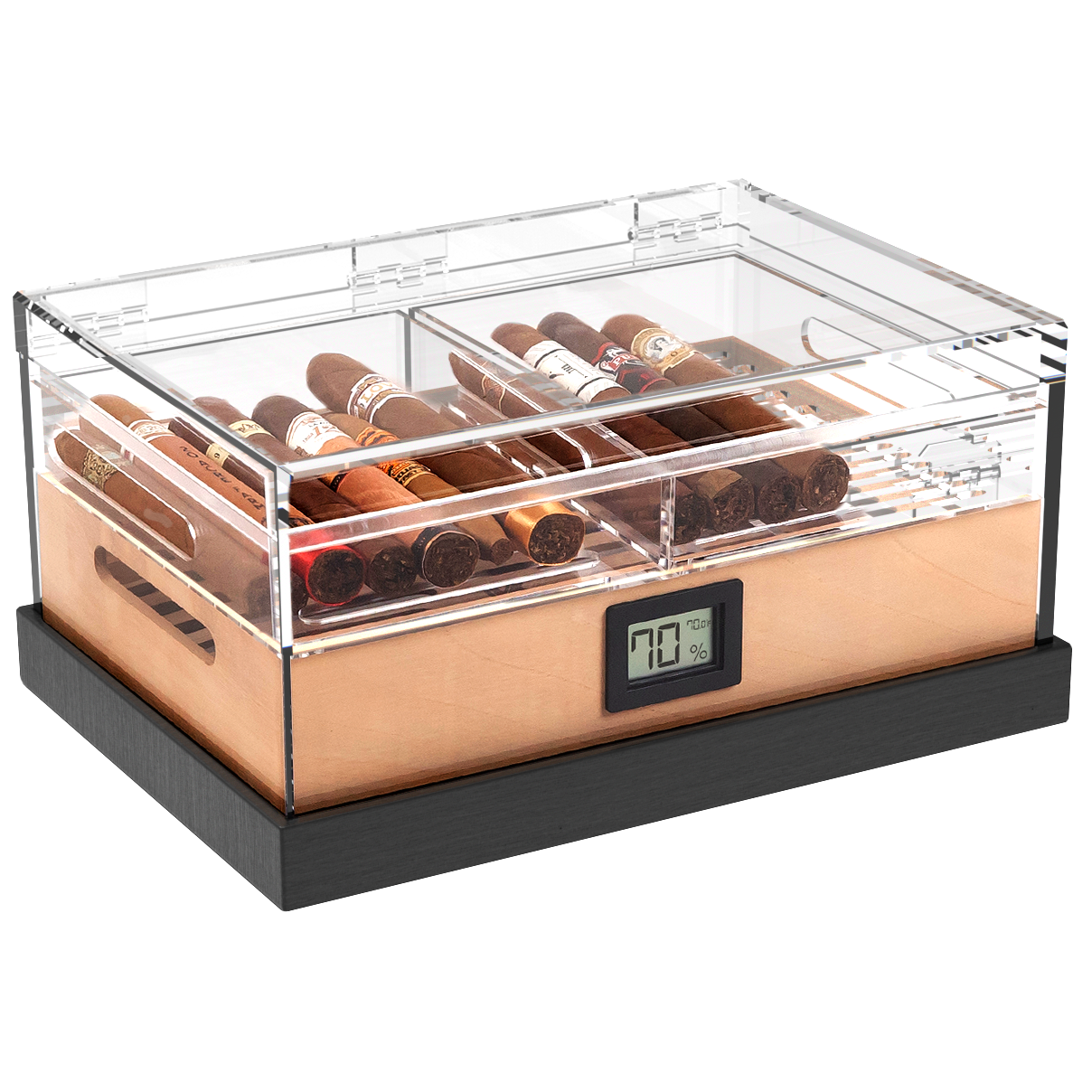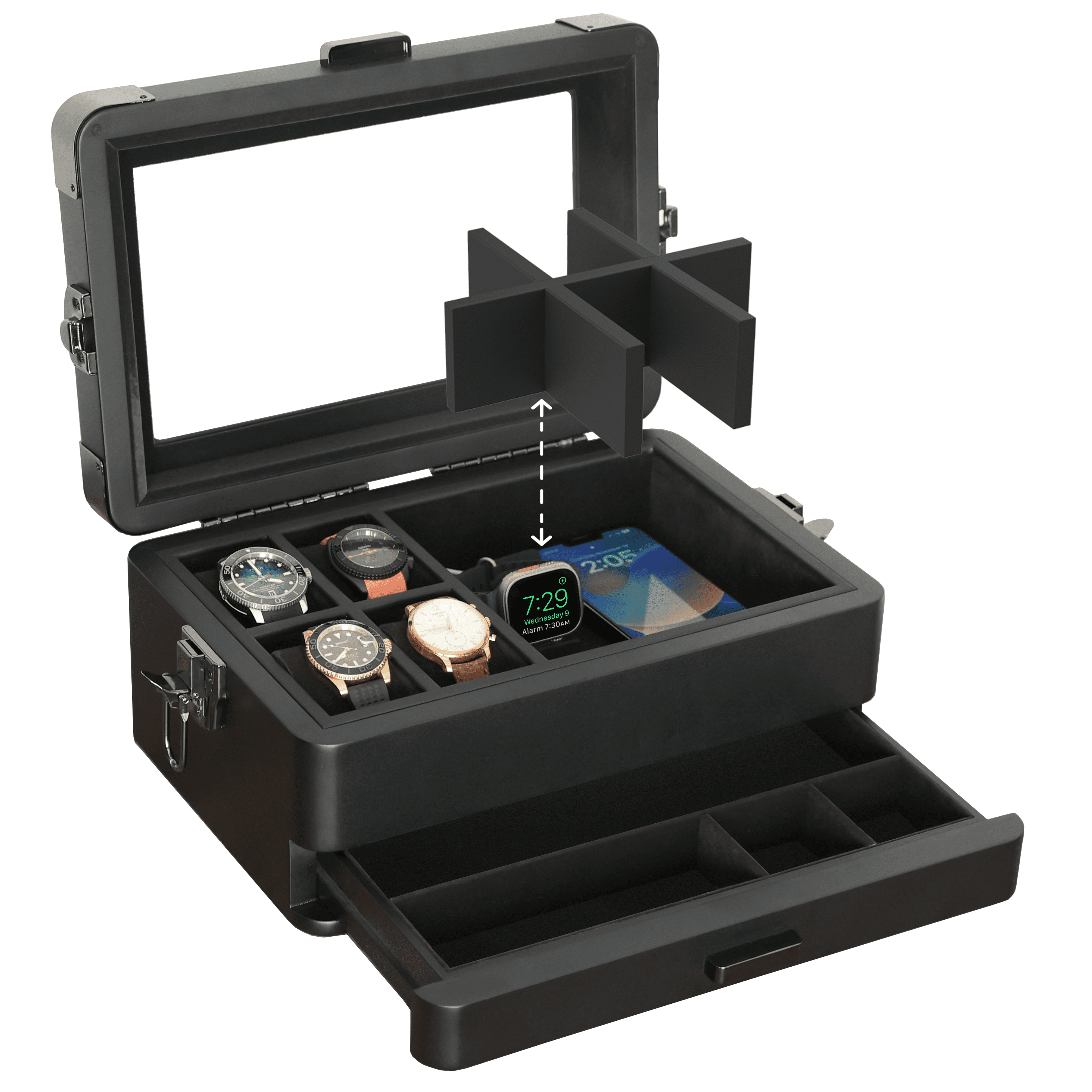We love smoking cigars—even on road trips. However, the odor left in a vehicle afterward is less than desirable, especially for those who don’t smoke. Eliminating the residual smell of smoke is difficult but not impossible, and you’ll want to know how to get rid of cigar smell in a car if you choose to resell it or trade it in.
Causes of Cigar Smell in Cars
First, why does cigar smoke seem to hang around more than cigarettes? Simply inspect the tobacco: premium cigars are often made with oily, full-flavored tobacco. It’s one of the reasons we enjoy smok Fabric and porous materials, common in car interiors, readily absorb these particles, causing the smell to embed deeply and persist.
Additionally, cigar smoke lingers longer in enclosed spaces, like cars, where limited ventilation can cause particles to stick to surfaces more readily. The aroma can be challenging to remove, especially from fabrics, as the smoke’s oils and tars embed deeply over time.

Immediate Actions to Reduce Cigar Smell
So what can be done proactively to prevent cigar smoke from settling in your car in the first place? For starters, frequency and volume do make a difference. At a basic level, the more smoke your car interior is exposed to, the worse the problem you’ll have. Therefore, try to keep those road trip smoking sessions to a minimum. Secondly, prioritize ventilation.
The more you can do to keep air moving through the vehicle, the less chance those cigar smoke particles have to stick to the car’s interior. Open windows. Run the A/C with uncirculated air. Blow smoke out of the window. Anything helps.
As a temporary respite, you can use air fresheners to offset the smell. Just remember that the real goal should be to reduce, eliminate, or remove those cigar particulates from the fabric of your vehicle. Masking the smell, as many know, isn’t a true solution.
The cigar itself is often a culprit when you have an unwanted stale smoke scent in your vehicle. Don’t keep ash or half-smoked cigars in your vehicle. Remove everything cigar-related from your car when you are finished with that trip.
Smoker’s Tip
Dark, oily cigars might be more likely to leave a smoky smell in your vehicle due to their wrappers. Not sure which cigars to watch out for? Learn all about cigar types, and check out these examples:
- Rocky Patel Sun Grown
- Deadwood Cigars Leather Rose
- Plasencia 146 Cosecha
- Warped Futuro 109
- CAO Flathead Steel Horse Bullneck
Deep Cleaning Methods to Remove Cigar Smell

Vacuuming
Vacuuming is the essential first step in removing cigar smell from a vehicle, as it helps eliminate loose smoke particles trapped in upholstery, carpeting, and floor mats. Begin by thoroughly vacuuming the seats, carpets, and any cloth surfaces where smoke particles can cling.
For fabric seats, consider using a brush attachment to dislodge particles from the fibers. Pay extra attention to tight spaces like the seams and crevices of the seats and floorboards, where particles can accumulate over time. By removing these particles, you prevent them from re-emitting odor, creating a cleaner foundation for the next steps.
Shampooing Carpets and Upholstery
After vacuuming, shampooing should come next. Use a carpet and upholstery cleaner specifica
Hard Surfaces
Smoke particles don’t just settle on soft surfaces. They also stick to hard surfaces like the dashboard, doors, steering wheel, and windows. Wiping down these areas with an all-purpose cleaner or a solution designed for smoke residue removal helps eliminate the sticky layer left by cigar smoke.
Use a microfiber cloth to capture particles and oils effectively without scratching the surfaces. For tough spots or odors, add a bit of vinegar or baking soda solution, as both are natural odor neutralizers. Clean the windows inside as well, as smoke can leave a film on glass, which contributes to lingering odors and impacts visibility.

Leather Seats
Leather seats require special care to remove cigar smell without damaging the material. Start by vacuuming the leather to remove surface particles. Then use a leather-specific cleaner to wipe down the seats, which will gently remove smoke residues without stripping the leather’s natural oils.
After cleaning, apply a leather conditioner to restore moisture and flexibility, which helps prevent cracking and keeps the seats supple. The conditioner also provides a subtle fresh scent, helping mask any residual smoke smell and keeping the leather in top condition.
Steam Cleaning
For a more thorough cleanse, steam cleaning really works. The steam penetrates deeply into upholstery, carpets, and hard-to-reach areas to lift embedded smoke particles and odors. Steam cleaners use high-temperatures to dissolve oils, tar, and other sticky residues left by cigar smoke, making it easier to remove them completely.
Additionally, steam is a natural deodorizer and disinfectant, helping to neutralize any remaining smoke particles while sanitizing surfaces. This method provides a more comprehensive clean and can significantly reduce any stubborn odors left in the vehicle.
Using Household Products to Eliminate Cigar Odor
Often, home cleaning remedi
Baking Soda
Baking soda is a natural odor absorber that neutralizes odor-causing molecules. When sprinkled on upholstery, carpets, or floor mats, baking soda absorbs the oils and residues left behind by cigar smoke, effectively reducing the smell over time. Let it sit for a few hours (or overnight for stronger odors) and allow it to penetrate fabrics, absorbing odor at a molecular level. Once vacuumed, the baking soda leaves tehse surfaces fresher and significantly less odorous.
Vinegar
Vinegar—particularly white vinegar—is known for its ability to neutralize strong odors. Mixing equal parts vinegar and water in a spray bottle allows for an effective, non-toxic cleaning solution. When applied to surfaces like dashboards, upholstery, and floors, it helps break down the residue that holds odors. Wiping down surfaces with a vinegar solution is especially effective for hard materials, but the scent of vinegar will also dissipate quickly as it dries, leaving a cleaner and fresher environment.

Coffee Grounds
Coffee grounds are natural odor absorbers due to their nitrogen content. This helps neutralize odors. As you would with baking soda, placing fresh coffee grounds in an open container in your vehicle, or sprinkling them lightly in ashtrays or carpets, allows them to absorb the lingering scent of cigar smoke. The grounds’ aromatic oils also emit a pleasant, coffee scent, subtly masking smoke odors as they work. Let the coffee sit for a day or two and then remove it—an effective method to leave a fresher, more pleasant aroma in your vehicle.
Professional Cleaning Solutions
If you don’t have the time, energy, or interest in trying to remedy the lingering smoke odors in your vehicle yourself, there are a number of professional services available to complete this for you. Car detailing services and steam cleaning services have proper equipment and tools to clean your vehicle and eradicate undesirable odors. You might expect the following procedure from them:
- Deep cleaning and vacuuming
- Shampooing and steam cleaning
- Wiping down surfaces with odor-neutralizing solutions
- Air vent and HVAC cleaning
- Ozone treatment
Neutralizing Odor with Specialized Products
The following products might be used to help eliminate odors. But these come with some considerations, pros, and cons:
Activated Charcoal
When placed in small bags around the car, activated charcoal absorbs odors without adding any additional fragrance. Activated charcoal is highly effective for odor removal because of its porous structure, which traps and neutralizes smoke particles and other odor-causing molecules.
It’s non-toxic, chemical-free, and works continuously over time, making it a great choice for long-term odor control. However, it requires a few days to show full effects and may need to be replaced periodically for ongoing freshness.
Odor-Eliminating Sprays
Odor-eliminating sprays can be a quick solution for managing cigar smoke smells, as they typically neutralize odors on contact, especially on fabric surfaces. Many sprays are designed to break down odor molecules rather than just mask them, making them useful for temporary odor removal.
However, sprays need to be used repeatedly as they don’t provide a lasting solution. Some sprays also contain chemicals or fragrances that might be overwhelming or irritating for sensitive individuals, so it’s best to choose a product suited to personal preferences and needs.
Air Purifiers
An air purifier can continuously filter out smoke particles and other pollutants in your car’s cabin, maintaining cleaner air quality over time. Purifiers with HEPA or carbon filters are especially effective at capturing microscopic smoke particles, which helps reduce the overall smell. Some purifiers also use ionizers to neutralize odors.
However, air purifiers are generally more effective when combined with deep cleaning steps, as they only address airborne particles and not residues embedded in fabrics. Additionally, they need to be run regularly for maximum effect, which may require an ongoing power source in the car.
Cleaning Specific Areas in the Car
We’ve discussed common cleaning locales inside of your car (seats, leather, upholstery), but there are a few other important places you may have not considered. Check out these other areas where smoke odors may hide that you need to address:
Headliner
The car’s headliner (interior ceiling fabric) is often overlooked but can hold a significant amount of smoke odor. Lightly vacuuming and wiping down the headliner with a suitable fabric cleaner can help minimize trapped smells without damaging delicate material.
Air Vents & HVAC
Smoke particles can settle inside the HVAC system, recirculating odor each time the system runs. Using a vent cleaner or disinfecting spray can help neutralize odor in the vents. Running the HVAC on high with a purifier or neutralizer for a few minutes can further clean out lingering particles.
Trunk
The trunk is often overlooked but can trap a significant amount of cigar smoke odor, especially if it’s been used to store smoked cigars, ashtrays, or clothing exposed to smoke. Clean this area with the above recommended procedures, including vacuuming, shampoing, using baking soda or coffee grounds, or steam cleaning.
Preventing Cigar Smell from Returning
We’ve already discussed a few ways to prevent cigar odors from remaining in your car, but here are a few additional considerations now that you’ve gone to the work of returning your car to a more neutral odor.
- Smoke in your vehicle less often.
- Regularly clean and air-out your vehicle to prevent odor buildup.
- Install seat covers or protective mats to mitigate unpleasant odors.
- Regularly use odor-neutralizing products.
- Install car iar purifiers for continuous freshness
- Set a cleaning schedule for consistent maintenance.
Health Implications of Lingering Cigar Smoke
Here’s the deal: removing cigar smoke odors from your vehicle makes it a healthier place to be, too. It’s not just about removing unpleasant odors. Secondhand smoke risks in enclosed spaces is real, so while you’re smoking, it’s important to keep airflow moving through your vehicle.
In addition, some passengers may be affected by allergies or respiratory issues linked to cigar smoke, and these can be triggered by remnant smoke scents, not just while you’re smoking.
Conclusione
Most likely, a combination of the tactics we’ve listed here will help effectively eliminate undesirable cigar odors from your vehicle. Experiment and see which works best for you. To prevent cigar odors in your vehicle, it comes down to cigar selection, reducing the frequency you smoke in your vehicle, and choose lighter cigars. To eliminate existing odors, consider DIY remedies, thorough cleaning, professional services, or intended car-cleaning products.
If this resource was helpful to you as a cigar smoker, we encourage you to check out the following articles:
- Do You Need A Spanish Cedar Humidor?
- Understanding Cigar Tasting Notes
- How Does A Humidor Humidifier Work?
- What Does A Humidor Do?








